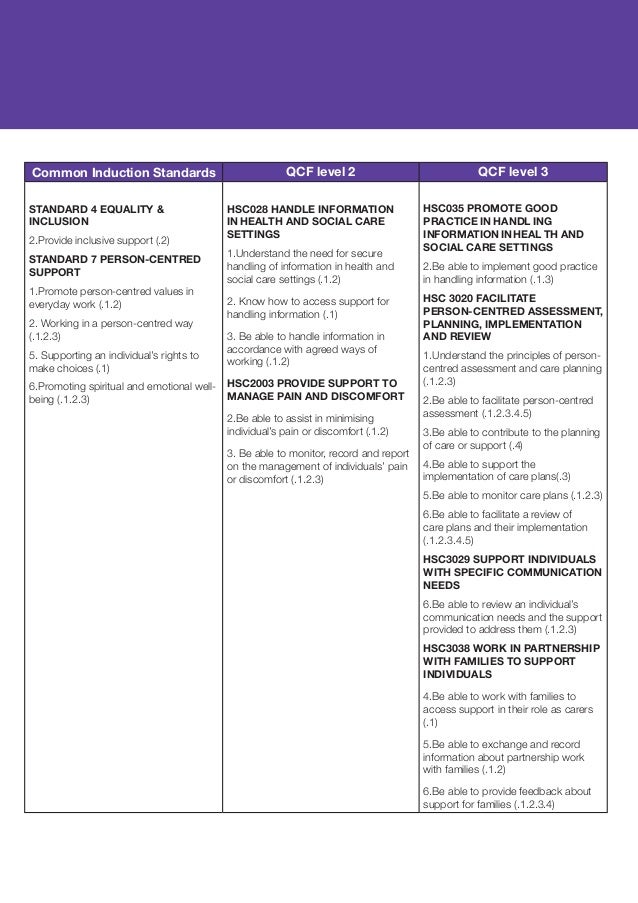
Welcome to the world of Life Care Planning, where your future is carefully constructed with precision and expertise. Life Care Planning, often referred to as LCP , is a comprehensive approach that encompasses various elements to provide an individual with the necessary support and resources for their specific needs. At the heart of this intricate process is the Life Care Planner, a skilled professional who combines medical expertise with compassionate care to create a personalized Life Care Plan tailored to each unique situation.
Understanding Life Care Planning
Life Care Planning is a holistic approach that considers the long-term care needs of individuals facing life-altering injuries or chronic conditions. It involves a comprehensive assessment of the individual's medical, psychological, and social needs to develop a customized plan that aims to optimize their quality of life.
A Life Care Planner, often a healthcare professional with specialized training, plays a crucial role in the process by collaborating with the individual, their family, and other healthcare providers. They meticulously evaluate the individual's current and future care needs, considering factors such as medical treatments, assistive devices, home modifications, and ongoing therapy.
One of the key components of Life Care Planning is the creation of a detailed Life Care Plan, which outlines the recommended interventions and services necessary to address the individual's unique needs. This plan serves as a roadmap for coordinating care, estimating costs, and ensuring that the individual receives the appropriate support and resources to live as independently and comfortably as possible.
Role of a Life Care Planner
Life Care Planner s play a crucial role in providing comprehensive assistance to individuals facing life-altering injuries or chronic conditions. These professionals meticulously evaluate the unique needs of their clients and develop personalized Life Care Plans that outline the essential medical, therapeutic, and support services required to optimize quality of life and promote independence.
A skilled Life Care Planner collaborates closely with medical experts, rehabilitation specialists, and other relevant professionals to ensure that the Life Care Plan is tailored to the specific circumstances and goals of the individual. By conducting thorough assessments and staying abreast of advancements in healthcare and rehabilitation practices, the Life Care Planner addresses both existing challenges and potential future needs, offering a roadmap for effective care and support throughout the individual's life journey.
Additionally, Life Care Planners may serve as expert witnesses in legal proceedings, providing valuable insights and testimony regarding the projected costs and requirements associated with the individual's long-term care needs. Their expertise in developing detailed and transparent Life Care Plans helps support informed decision-making and ensures that the necessary resources are available to maintain the individual's health, well-being, and overall quality of life.
Benefits of Life Care Planning
Life Care Planning offers individuals and their families a comprehensive roadmap for addressing current and future healthcare needs, ensuring continuity of care. By consulting with a Life Care Planner, a tailored plan can be developed that takes into consideration the individual's unique circumstances and goals.
One of the key advantages of Life Care Planning is its focus on maximizing the individual's quality of life while managing their healthcare needs effectively. Through the creation of a structured plan, individuals can access the services and resources they require to maintain their health and well-being over the long term.
Additionally, engaging in Life Care Planning can provide peace of mind for individuals and their loved ones, knowing that a detailed and personalized roadmap is in place to guide them through any healthcare challenges that may arise. This proactive approach can help alleviate stress and uncertainty, allowing individuals to focus on living their lives to the fullest.
